24 November 2024: Pre-conference Workshops
25 – 27 November 2024: Main Conference
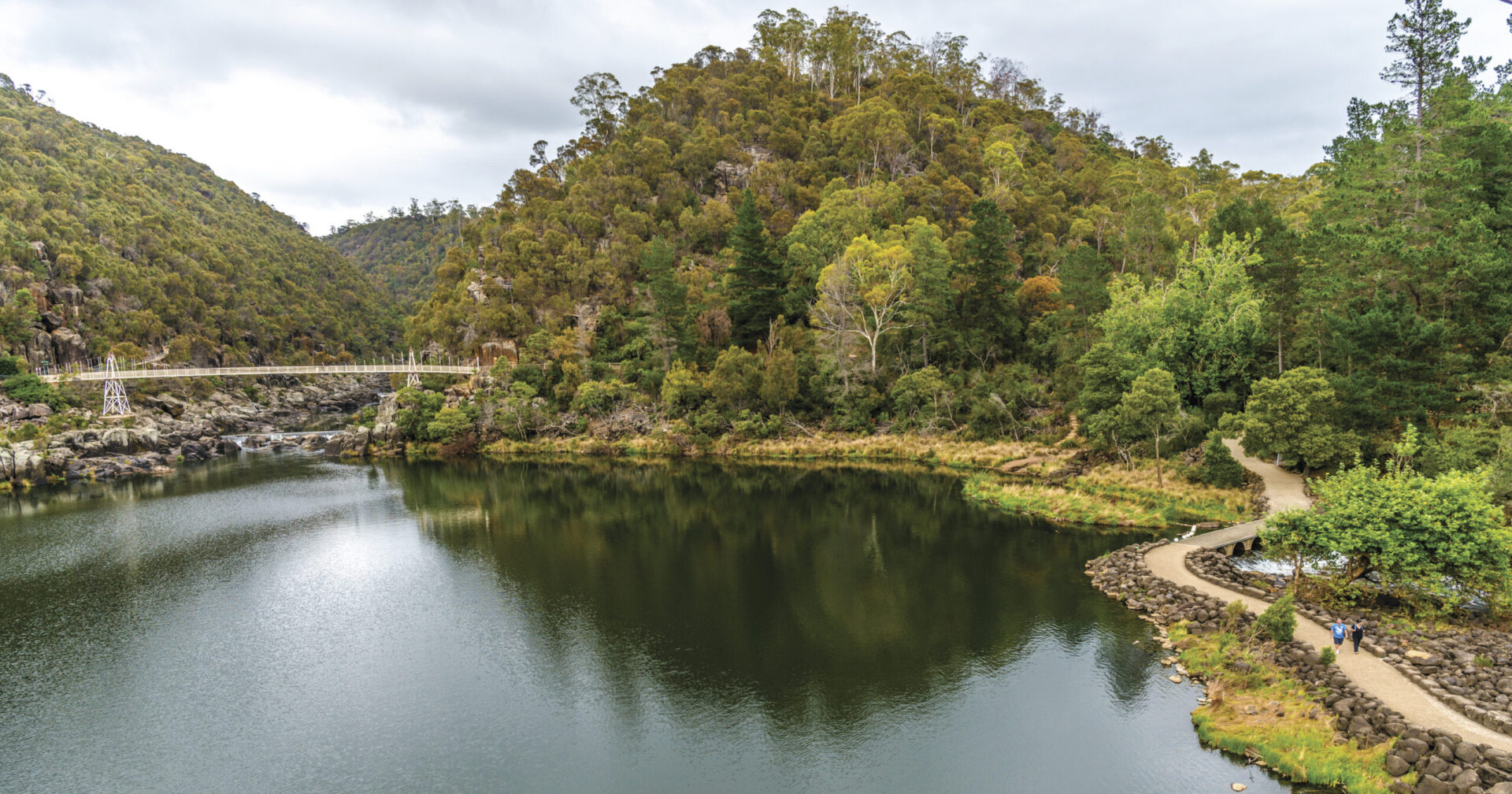
The Applied Linguistics ALAA/ALANZ/ALTAANZ Conference 2024
Pre-Conference: 24 Nov 2024 | Main Conference: 25-27 Nov 2024 | Location: The University of Tasmania, Launceston, Tasmania, Australia
Call for Abstracts
Thank you to everyone who submitted an abstract for the Applied Linguistics ALAA/ALANZ/ALTAANZ Conference 2024. The call for abstracts is now closed. We appreciate your contributions and look forward to reviewing your submissions.
We are also excited to invite you to participate in the conference as a participant. Your presence and engagement will contribute significantly to the success of the event.
Applied linguistics for a just society: Advancing equity, access, and opportunity
Ensuring equity, access and opportunity in education is a hallmark of a just society. The Applied Linguistics ALAA/ALANZ/ALTAANZ Conference 2024 provides a forum to explore how the field of applied linguistics is already working towards these and what the future might look like in this regard.
Migration and displacement, climate change, and social inequity present some of the most ‘wicked problems’ of the 21st century. They also present an opportunity to be inspired to think what a just society might look like going into the future. The skills, knowledge, and expertise held by those who work in the fields of applied linguistics and language education have unique and powerful potential to build towards equity, access, and opportunity in language education and to shape a just society.
Equity, access, and opportunity are a matter of social justice and a practical necessity for a prosperous, peaceful, and sustainable future. Recognising the important role applied linguistics plays in building a just society, the 2024 conference theme emphasizes safeguarding identities, fostering accessible learning contexts, and creating opportunities for all to thrive.
We invite you to join us to share work being done to shape a more inclusive, equitable, and sustainable future and to imagine future directions.
Upcoming events
Pre-Conference: 24 Nov 2024 | Main Conference: 25-27 Nov 2024
VIEW PRESENTATION GUIDANCE VIEW PROGRAM
Key Dates
Conference Location: Tasmania
Tasmania is a destination like no other, where you can experience the beauty of nature, the richness of culture, and the excellence of innovation. Whether you are looking for inspiration, collaboration, or relaxation, Tasmania has it all.
Tasmania has been named in the New York Times’ 52 Best Places to Visit in 2024, praised for its thriving food and dining scene and its picturesque nature experiences. From the stunning Bay of Fires to the majestic Cradle Mountain, Tasmania offers a range of landscapes and activities to suit every taste and budget.
Tasmania is a place where you can connect with nature, culture, and yourself. It is a place where you can find the space to find what matters. Don’t miss this opportunity to discover Tasmania, one of the best places to visit in 2024. Book your conference registration and get ready for an unforgettable experience.
 Launceston Cataract Gorge & First Basin - Launceston's own piece of wilderness just 15 minutes walk from the city centre. Photo/Tourism Tasmania and Rob Burnett
Launceston Cataract Gorge & First Basin - Launceston's own piece of wilderness just 15 minutes walk from the city centre. Photo/Tourism Tasmania and Rob Burnett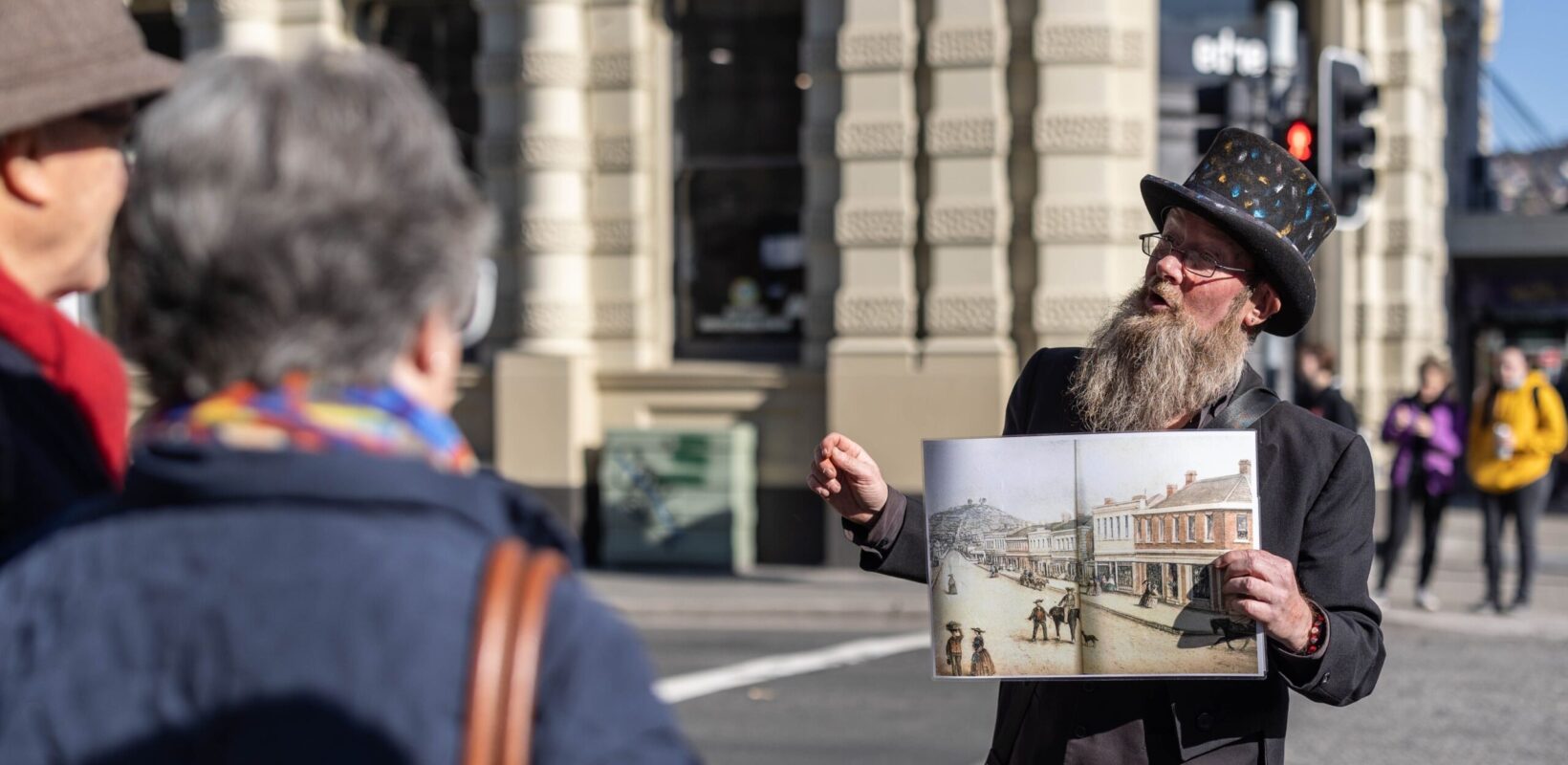
Wallaby Walkabout Tours provides behind the scenes tours around Launceston and Cataract Gorge. Photo/Tourism Tasmania
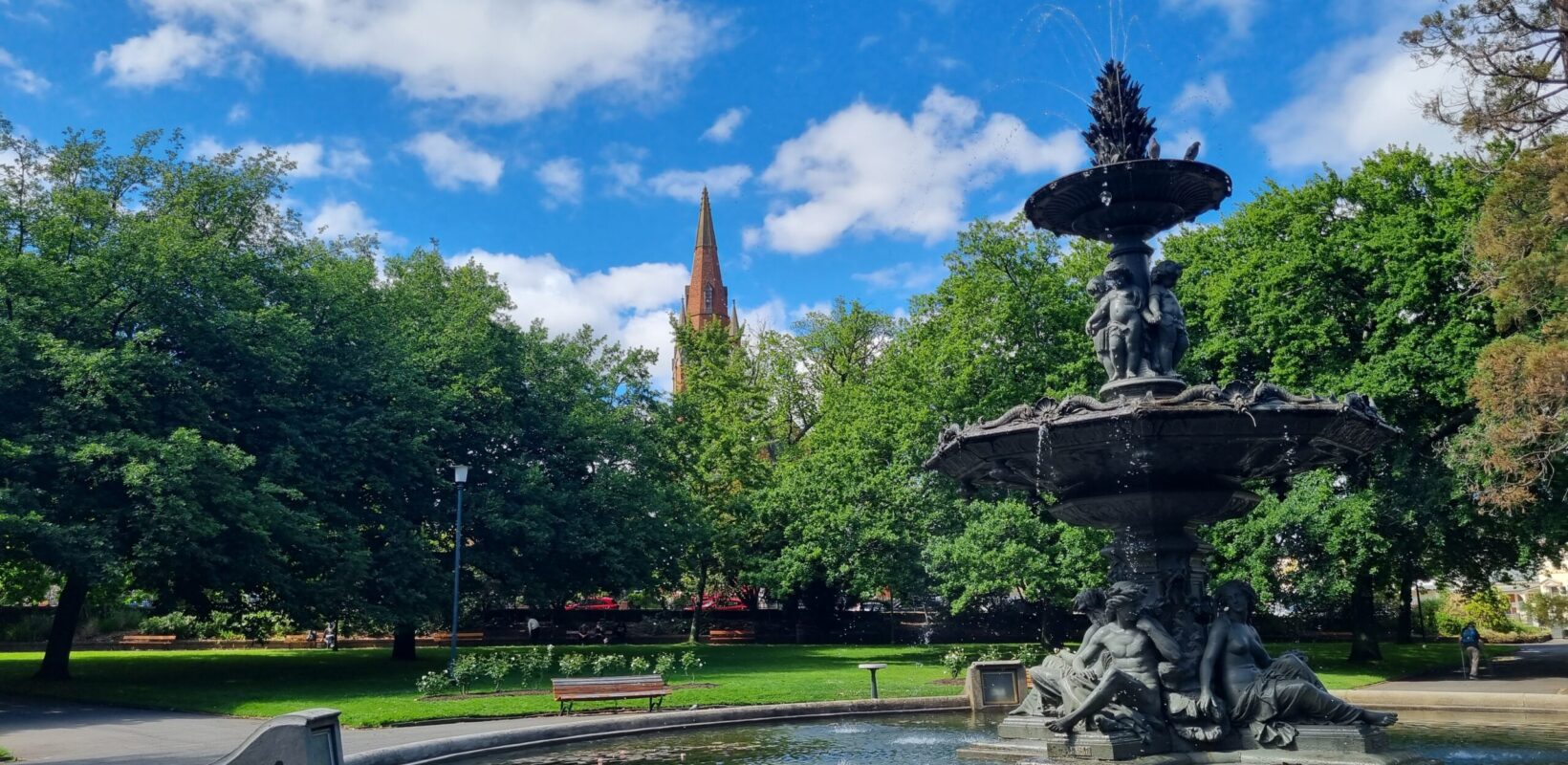
Prince Square, Launceston
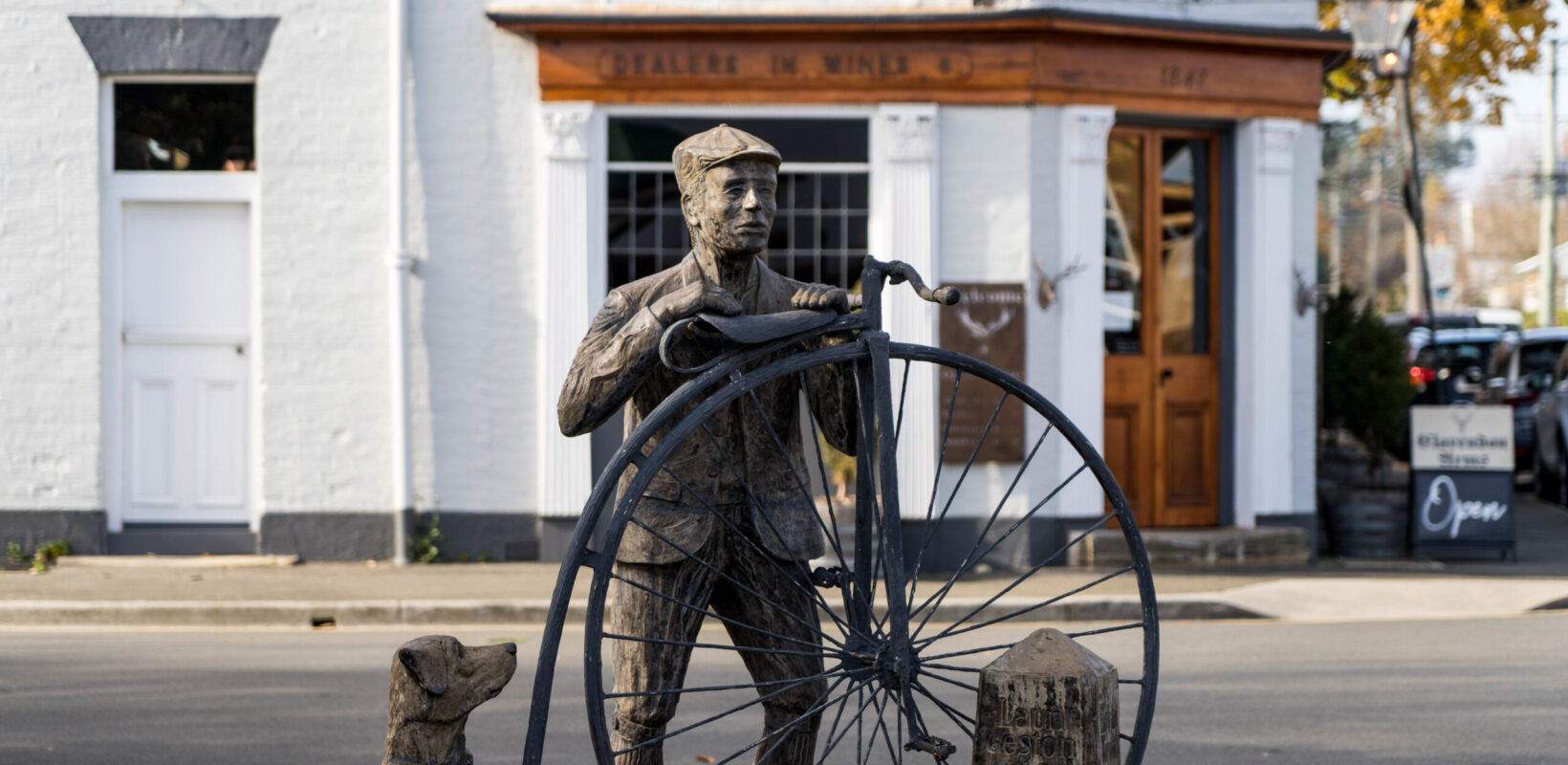
The Time Traveller Scupture, Evandale. Photo/Alastair Bett
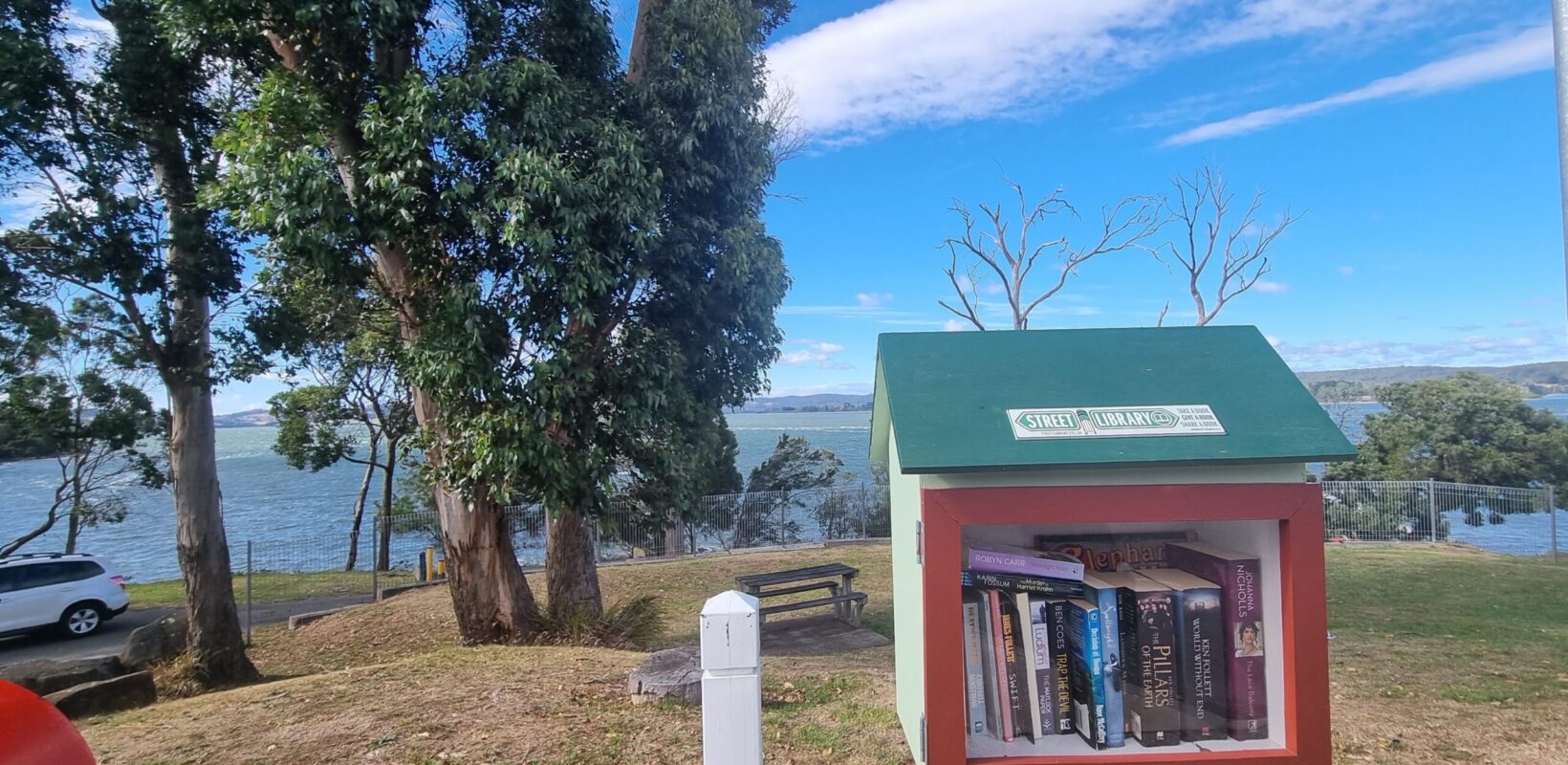
A Street Library book shed at Hillwood Pontoon: An invitation to share the joys of reading by the Tamar River
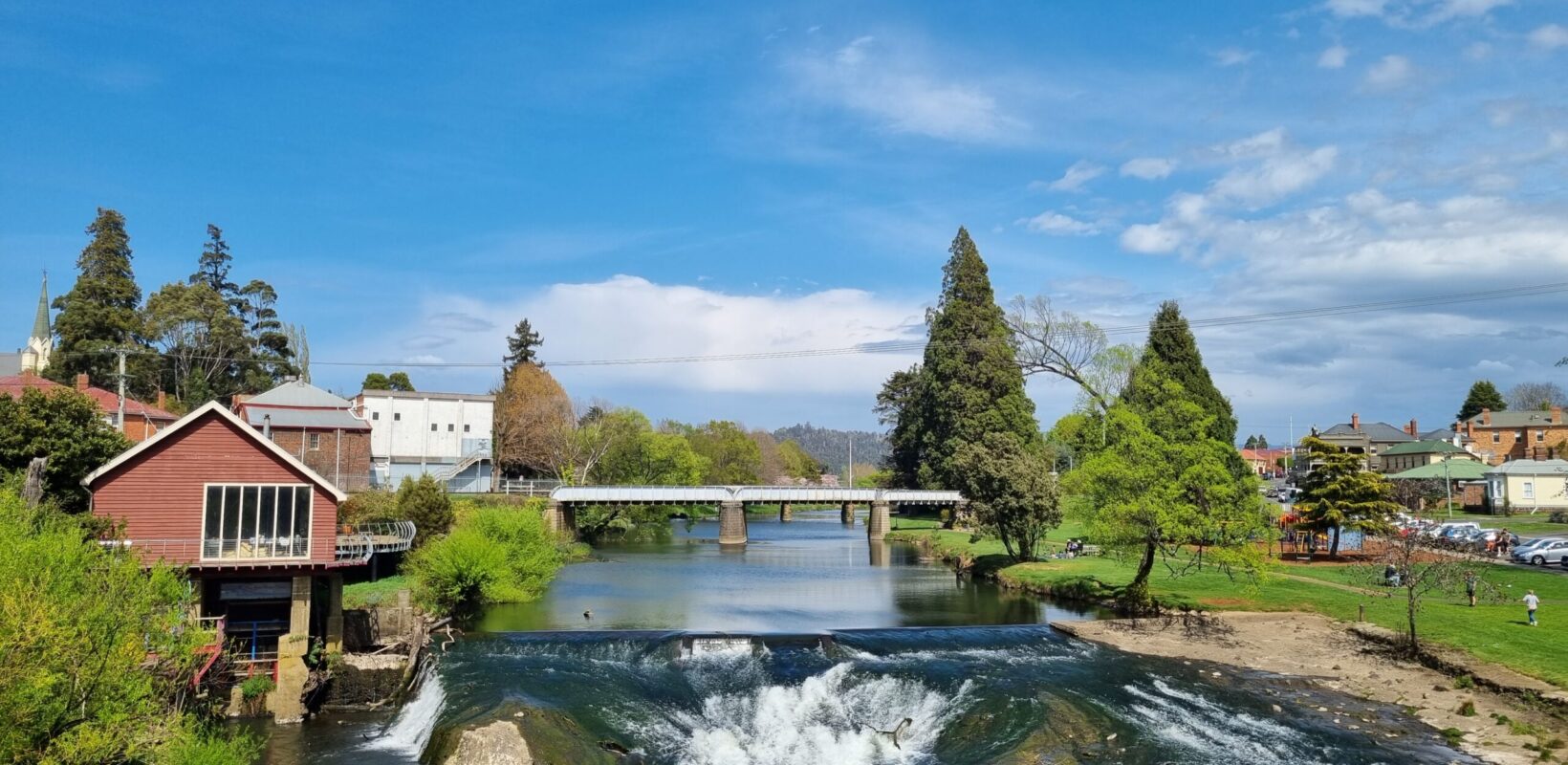
Deloraine, Meander River
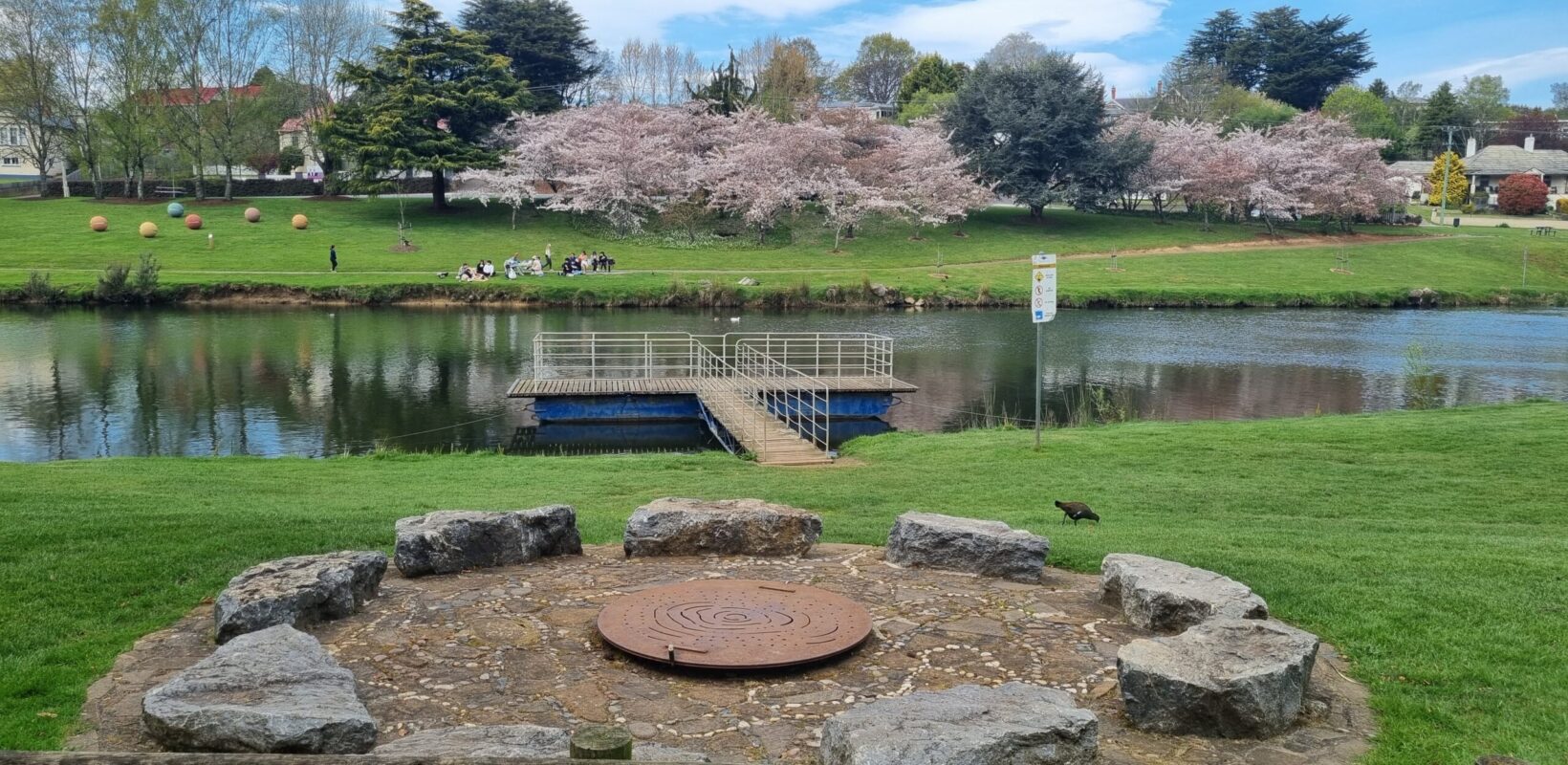
The Yarning/Healing Circle in Deloraine – a truly spiritual spot where nine limestone boulders represent the Aboriginal Nations of Tasmania
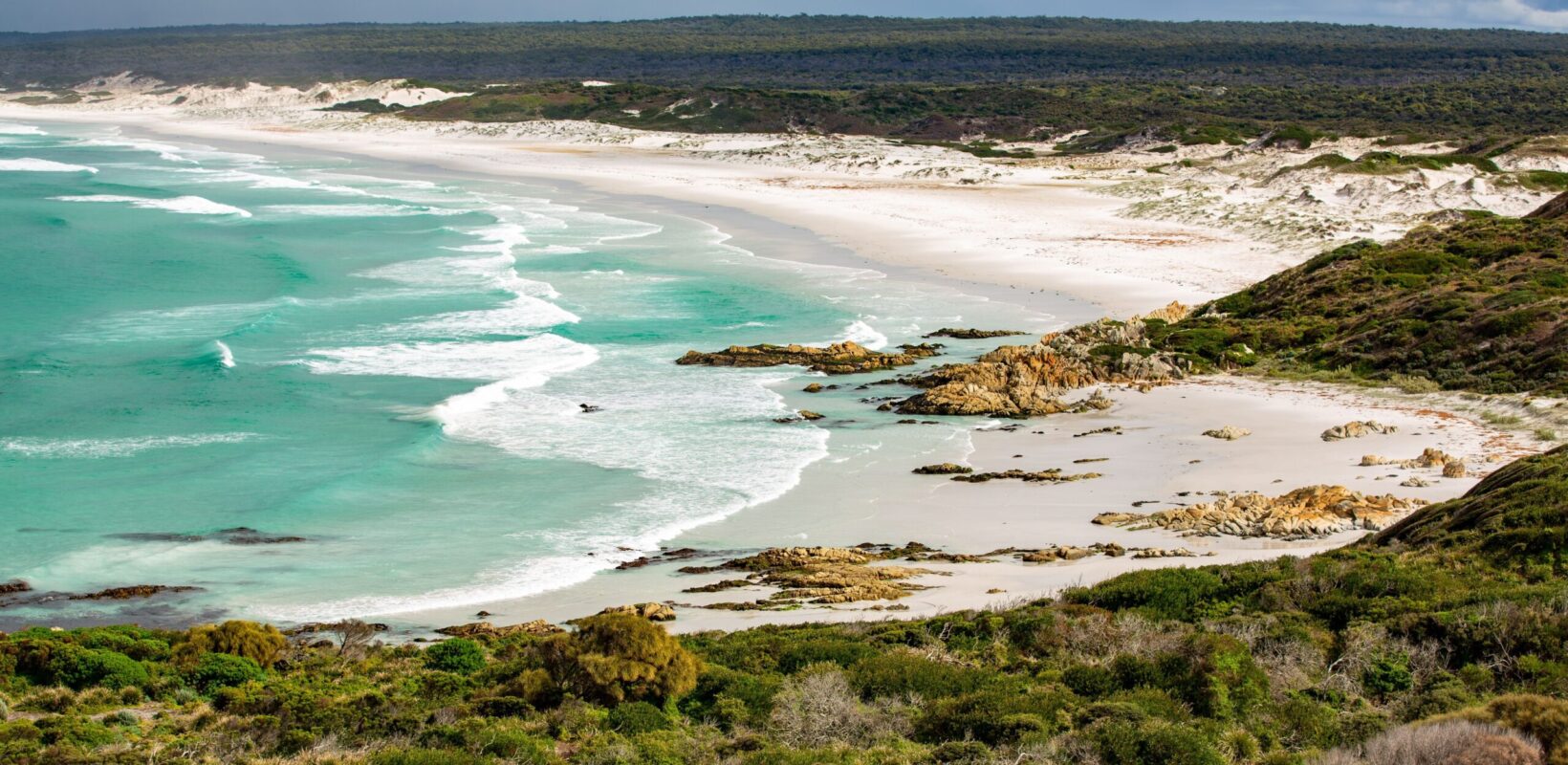
The bushland and the coastline of wukalina/Mt William National Park and larapuna/Bay of Fires. Photo/Jillian Mundy

Wineglass Bay - Freycinet Air Tasmania. Photo/Harrison Candlin – Vagary
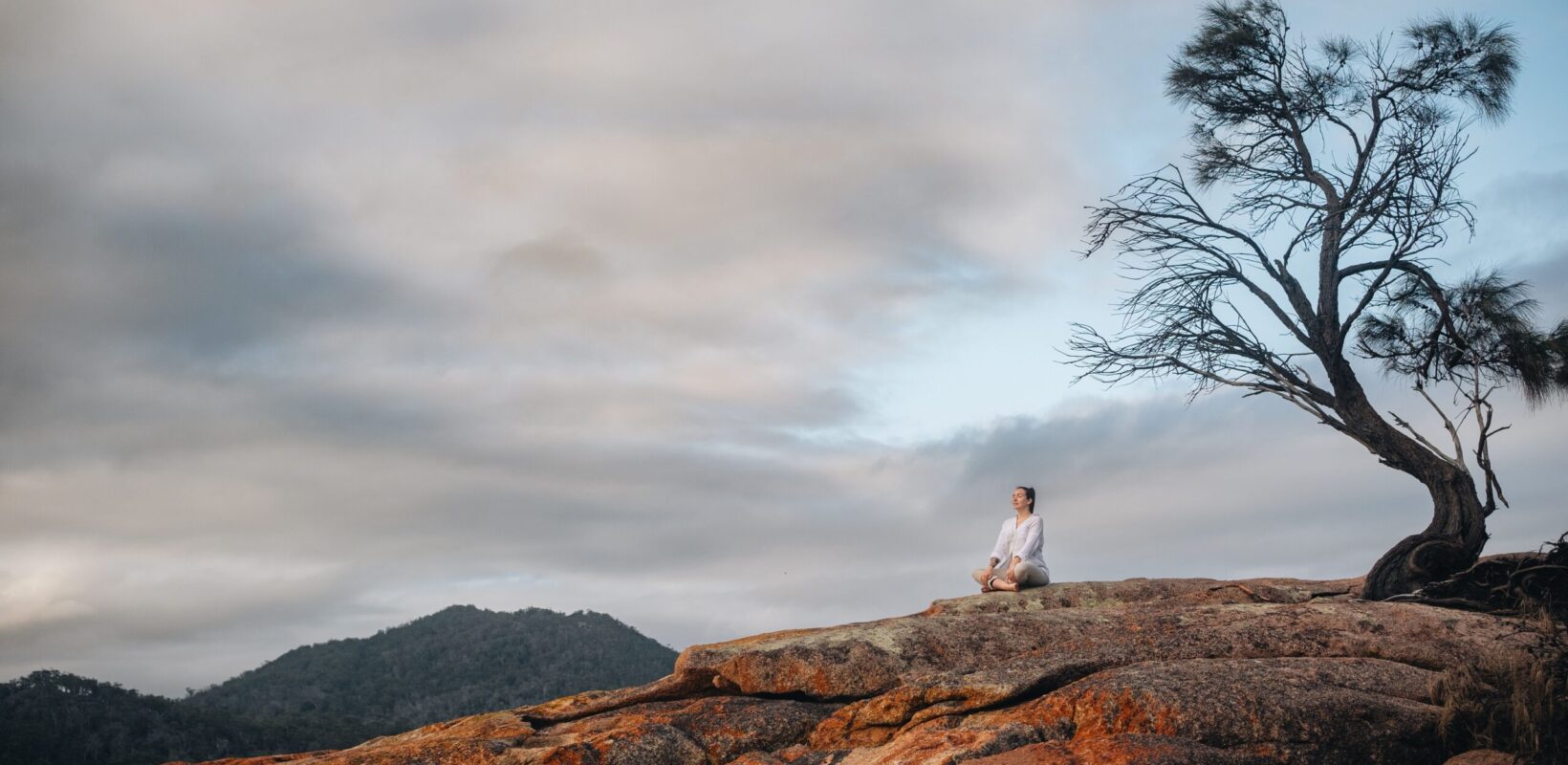
Honeymoon Bay, a beautiful, tiny, secluded little bay inside the Freycinet National Park. Photo/Harrison Candlin – Vagary
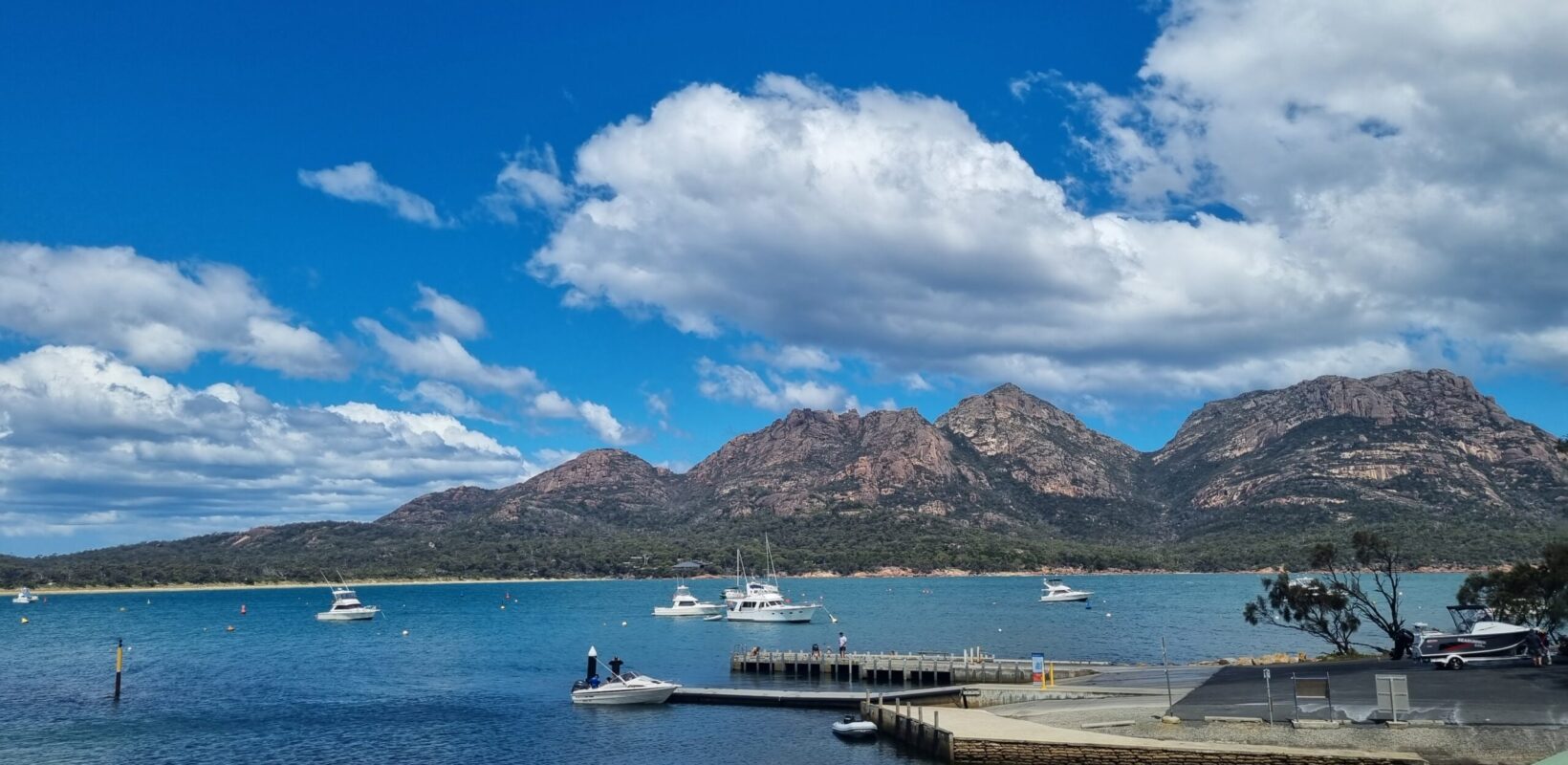
Great Oyster Bay, Freycinet Peninsula
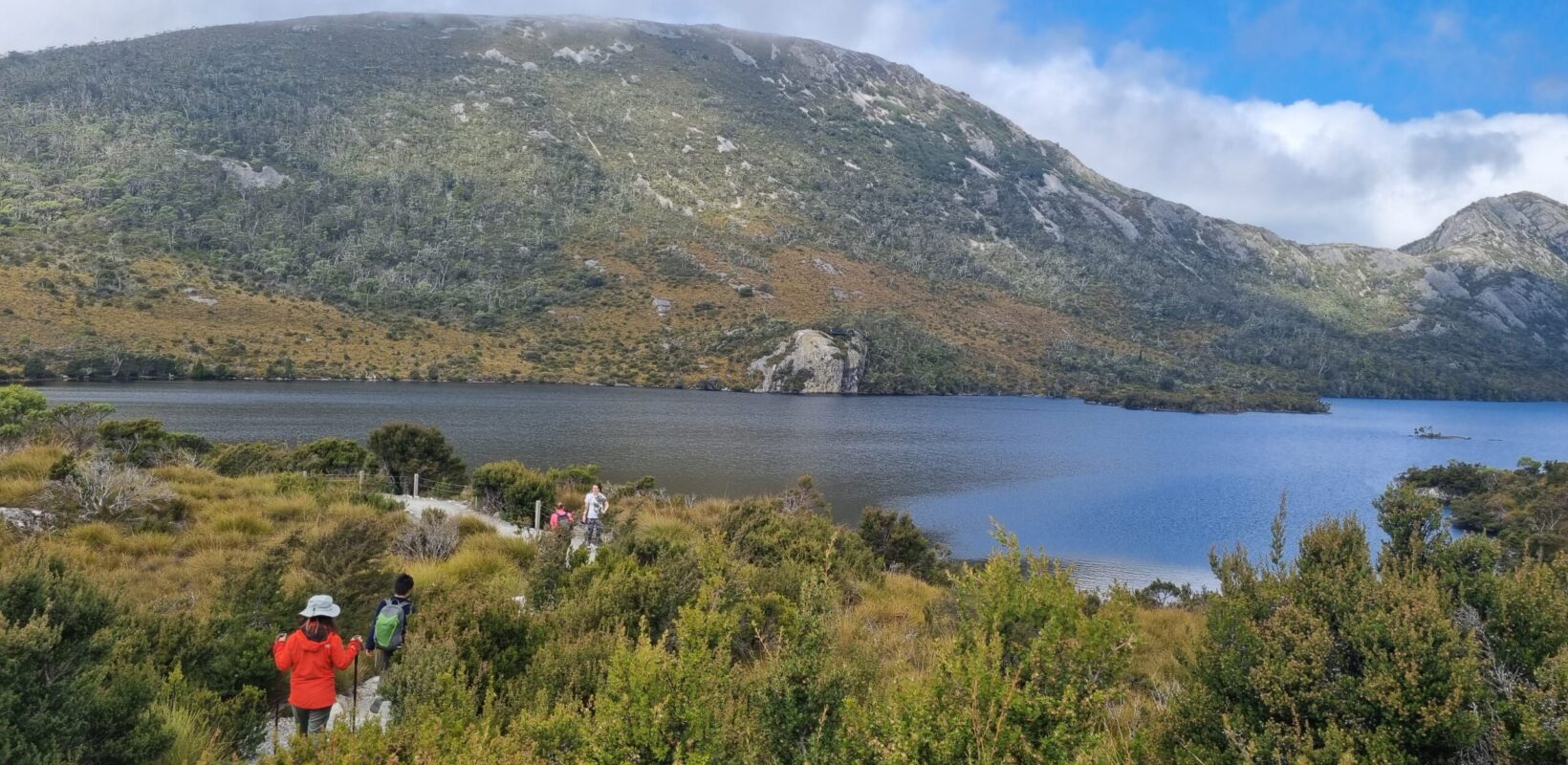 Dove Lake, Cradle Mountain
Dove Lake, Cradle Mountain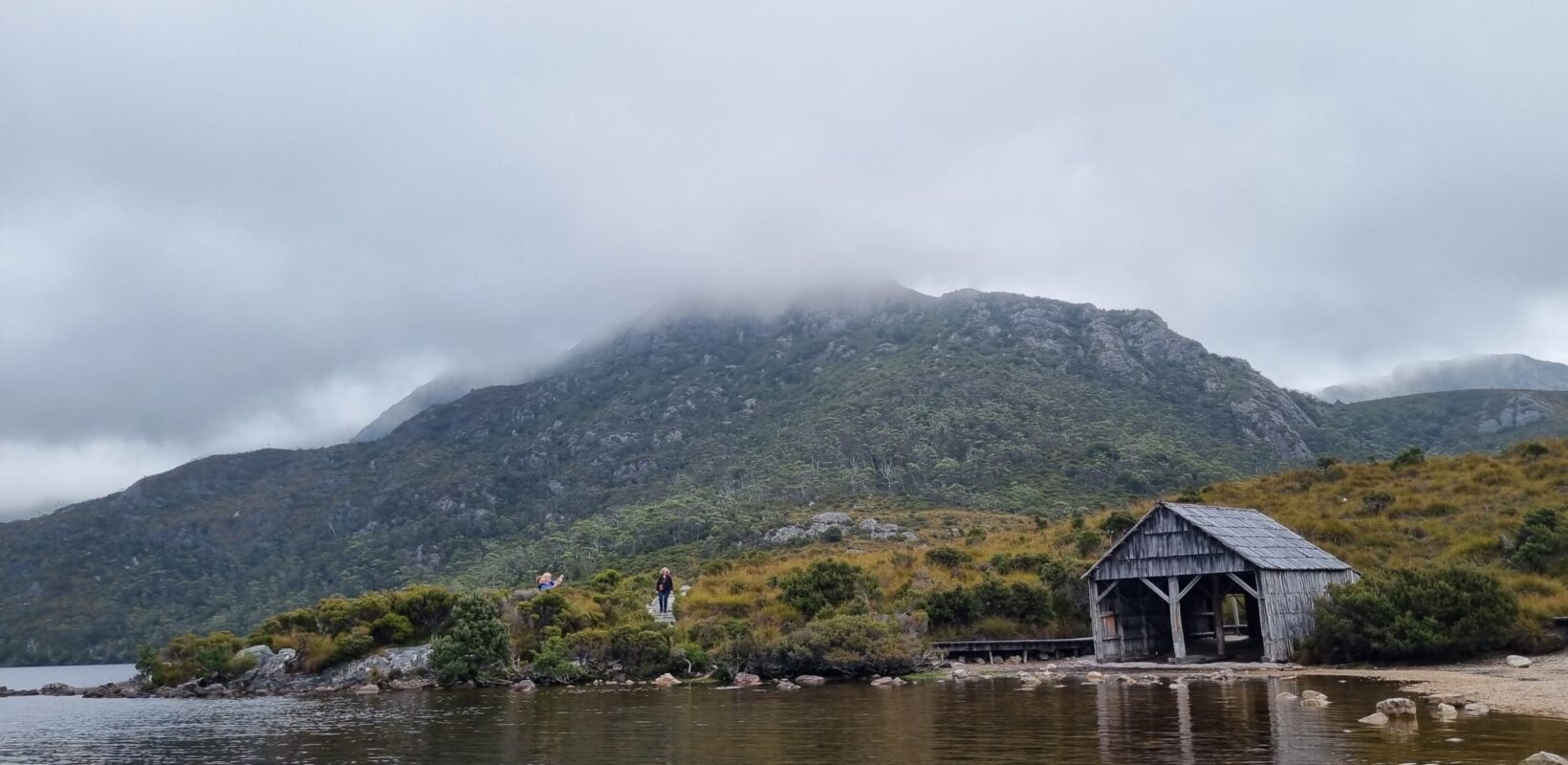 Dove Lake Boatshed, Cradle Mountain
Dove Lake Boatshed, Cradle Mountain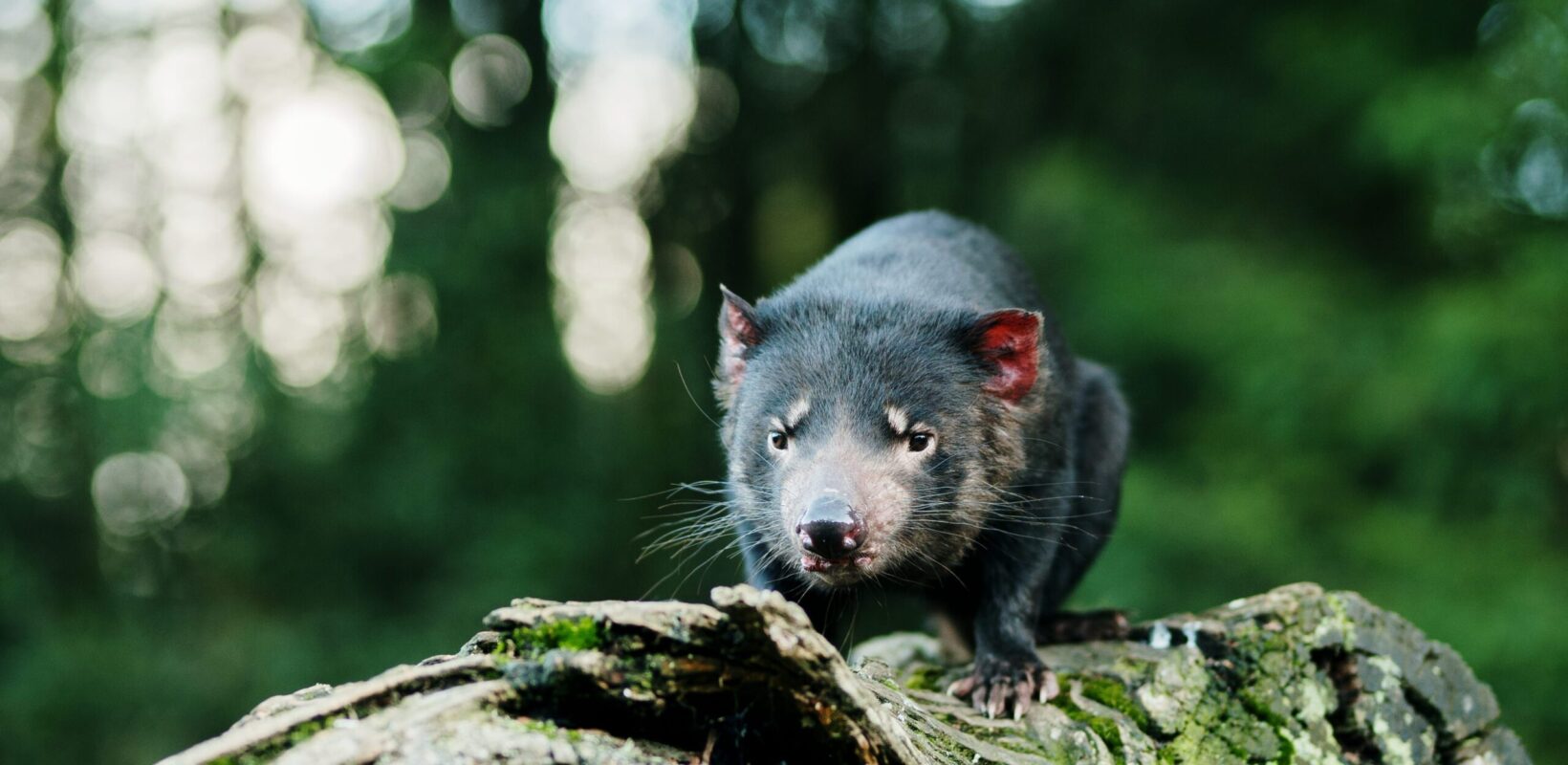
Devils @ Cradle Wildlife Park Tasmania, Cradle Mountain. Photo/Tourism Australia
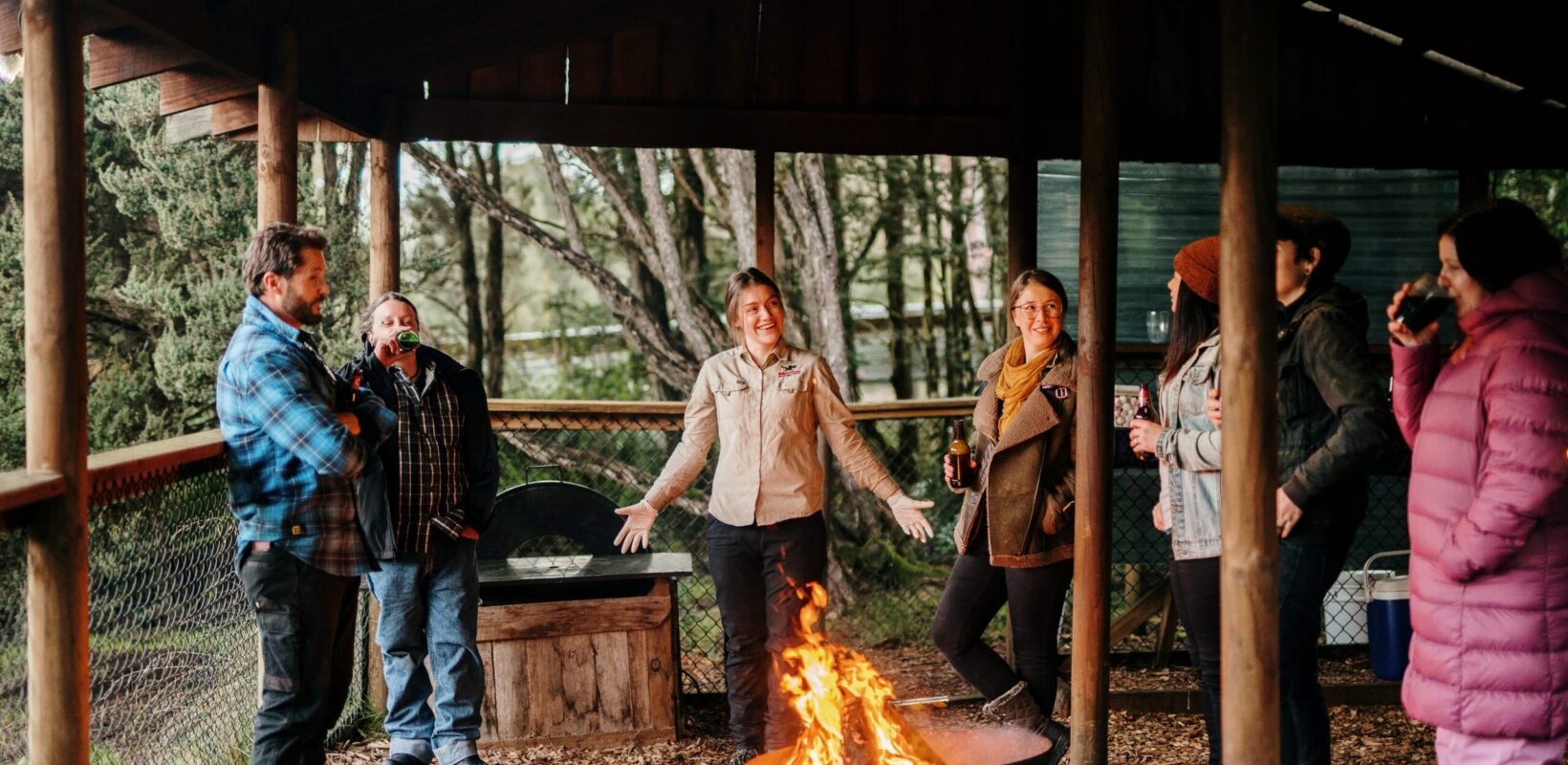 Campfire at Devils @ Cradle Wildlife Park
Campfire at Devils @ Cradle Wildlife Park
Thank You to Our Sponsors

Keynote Speakers

Judit Kormos is a Professor in Second Language Acquisition at Lancaster University. Her research focuses on the cognitive processes involved in learning and using additional languages. She has published widely on the effect of dyslexia on learning additional languages including the book “The Second Language Acquisition Process of Students with Specific Learning Difficulties” (Routledge, 2017). She is also the author of several research papers that have investigated the accessibility of language tests for young learners. She was a key partner in the EU-sponsored Dyslexia for Teachers of English as a Foreign Language and the Comics for Inclusive Language Teaching projects both of which won the British Council’s ELTon award. She is the lead educator of the Dyslexia and Foreign Language Teaching massive open online learning course offered by FutureLearn and has run teacher education workshops and webinars on inclusive language teaching in a large variety of international contexts.

Judit Kormos is a Professor in Second Language Acquisition at Lancaster University. Her research focuses on the cognitive processes involved in learning and using additional languages. She has published widely on the effect of dyslexia on learning additional languages including the book “The Second Language Acquisition Process of Students with Specific Learning Difficulties” (Routledge, 2017). She is also the author of several research papers that have investigated the accessibility of language tests for young learners. She was a key partner in the EU-sponsored Dyslexia for Teachers of English as a Foreign Language and the Comics for Inclusive Language Teaching projects both of which won the British Council’s ELTon award. She is the lead educator of the Dyslexia and Foreign Language Teaching massive open online learning course offered by FutureLearn and has run teacher education workshops and webinars on inclusive language teaching in a large variety of international contexts.

Leonard is an Early Carer Research (ECR) who brings experience working as a Classroom Teacher, Teacher-Linguist and School Principal in very remote Northern Territory schools.
Leonard is a Lecturer in Education and researcher in the Faculty of Arts. Leonard coordinates the Bachelor of Education in Early Childhood (Birth - 12 Years) course and supervises postgraduate Higher Degree by Research (HDR) projects.
Leonard’s research is focused on applied linguistics in education, including multilingualism, teaching and learning English as an additional language, language testing and educational assessment. Leonard uses quantitative and qualitative research methods to investigate the diverse English language and literacy learning pathways of young multilingual learners.
Leonard is particularly interested in researching the early English language and literacy development of multilingual children who learn English as an additional language or dialect at school. Leonard’s research is currently focused on examining the fairness, reliability, validity and usefulness of using multilingual students’ national English language and literacy test performances (scores) to make decisions about their learning outcomes and to guide future teaching and learning.
Leonard is a fully registered Classroom Teacher in the Northern Territory who holds a four-year Bachelor of Arts (Economics and Geography) / Bachelor of Education teaching degree from the University of New South Wales. Leonard also holds a Master of Applied Linguistics (TESOL), and a Master of Education (International) from Charles Darwin University. Leonard also holds a Doctor of Philosophy (PhD) from the University of Melbourne.

Leonard is an Early Carer Research (ECR) who brings experience working as a Classroom Teacher, Teacher-Linguist and School Principal in very remote Northern Territory schools.
Leonard is a Lecturer in Education and researcher in the Faculty of Arts. Leonard coordinates the Bachelor of Education in Early Childhood (Birth - 12 Years) course and supervises postgraduate Higher Degree by Research (HDR) projects.
Leonard’s research is focused on applied linguistics in education, including multilingualism, teaching and learning English as an additional language, language testing and educational assessment. Leonard uses quantitative and qualitative research methods to investigate the diverse English language and literacy learning pathways of young multilingual learners.
Leonard is particularly interested in researching the early English language and literacy development of multilingual children who learn English as an additional language or dialect at school. Leonard’s research is currently focused on examining the fairness, reliability, validity and usefulness of using multilingual students’ national English language and literacy test performances (scores) to make decisions about their learning outcomes and to guide future teaching and learning.
Leonard is a fully registered Classroom Teacher in the Northern Territory who holds a four-year Bachelor of Arts (Economics and Geography) / Bachelor of Education teaching degree from the University of New South Wales. Leonard also holds a Master of Applied Linguistics (TESOL), and a Master of Education (International) from Charles Darwin University. Leonard also holds a Doctor of Philosophy (PhD) from the University of Melbourne.

Noriko Iwashita is an Associate Professor in Applied Linguistics at The University of Queensland (UQ. At UQ she teaches language assessment and testing, language pedagogy and classroom SLA courses in the master’s program. She supervises PhD and MA students in assessment and classroom SLA. Noriko’s research interests include peer interaction in classroom-based research and classroom assessment, language assessment and SLA interfaces, and task-based language teaching and assessment. She had been involved in several validation projects for speaking assessments funded by ETS, IELTS, and The British Council. In 2018, she co-edited the special issue in Language Testing on Revisiting the Speaking Construct with India Plough (Michigan State University) and Jayanti Banerjee (Trinity College London). She is a President-Elect at ALAA and also served ALTAANZ (Association for Language Testing and Assessment of Australia and New Zealand) as a co-president in 2017-2020 and ILTA (International Language Testing Association) as a nominating committee (2018) and members-at-large (2022-23). Her work has appeared in a co-authored book, edited books, and flagship journals, including Language Testing, Applied Linguistics, Studies in Second Language Acquisition, Language Learning, The Modern Language Journal, TESOL Quarterly, and Language Teaching Research.
Metro Toronto Convention Centre, late 2004 A convention, in the sense of a meeting, is a gathering of individuals who meet at an arranged place and time in order to discuss or engage in some common interest

Noriko Iwashita is an Associate Professor in Applied Linguistics at The University of Queensland (UQ. At UQ she teaches language assessment and testing, language pedagogy and classroom SLA courses in the master’s program. She supervises PhD and MA students in assessment and classroom SLA. Noriko’s research interests include peer interaction in classroom-based research and classroom assessment, language assessment and SLA interfaces, and task-based language teaching and assessment. She had been involved in several validation projects for speaking assessments funded by ETS, IELTS, and The British Council. In 2018, she co-edited the special issue in Language Testing on Revisiting the Speaking Construct with India Plough (Michigan State University) and Jayanti Banerjee (Trinity College London). She is a President-Elect at ALAA and also served ALTAANZ (Association for Language Testing and Assessment of Australia and New Zealand) as a co-president in 2017-2020 and ILTA (International Language Testing Association) as a nominating committee (2018) and members-at-large (2022-23). Her work has appeared in a co-authored book, edited books, and flagship journals, including Language Testing, Applied Linguistics, Studies in Second Language Acquisition, Language Learning, The Modern Language Journal, TESOL Quarterly, and Language Teaching Research.
Metro Toronto Convention Centre, late 2004 A convention, in the sense of a meeting, is a gathering of individuals who meet at an arranged place and time in order to discuss or engage in some common interest

Kia ora everyone, I’m really looking forward to our conference this year. As a specialist in Māori-medium education and Māori language revitalisation, I helped to establish the Huarahi Māori-medium Initial Teacher Education program in 1998 to deliver the Huarahi Māori Bachelor of Education (Teaching) degree. With the guidance of kaumātua (elders) who were native speakers of Māori and experienced educators, I wrote all the Reo Māori courses for the degree program to revitalise and normalise the Māori language in Aotearoa/New Zealand. Since its inception, Huarahi Māori program graduates have taught in Kura Kaupapa Māori (pan-tribal schools) and Kura-ā-Iwi (tribal schools). Many also teach in Māori Bilingual and Māori Immersion classes in English-medium schools, while others teach Māori in English-medium secondary schools. I still teach in the program and consider my part in developing and establishing Huarahi Māori as a lifetime achievement for our people, our language, and our culture. I’m also an educational innovator, addicted to the thrill of creating ‘first-of-a-kind’ technologies. I love the feeling of ‘seeing’ a ‘solution’ in my mind’s eye and then the surge of energy to map out the steps in the design process to create the prototype. ‘Creativity’ is defined as the ‘ability to develop original work’, and that certainly describes what I can do and how I created ‘Hika’ the first smartphone (iPhone) app to learn the Māori language and the ‘Māori Mai Me’ app, the first Virtual Reality app to learn Māori. I’m now leading research projects to design and develop avatar and robotic innovations for Māori Sign Language.

Kia ora everyone, I’m really looking forward to our conference this year. As a specialist in Māori-medium education and Māori language revitalisation, I helped to establish the Huarahi Māori-medium Initial Teacher Education program in 1998 to deliver the Huarahi Māori Bachelor of Education (Teaching) degree. With the guidance of kaumātua (elders) who were native speakers of Māori and experienced educators, I wrote all the Reo Māori courses for the degree program to revitalise and normalise the Māori language in Aotearoa/New Zealand. Since its inception, Huarahi Māori program graduates have taught in Kura Kaupapa Māori (pan-tribal schools) and Kura-ā-Iwi (tribal schools). Many also teach in Māori Bilingual and Māori Immersion classes in English-medium schools, while others teach Māori in English-medium secondary schools. I still teach in the program and consider my part in developing and establishing Huarahi Māori as a lifetime achievement for our people, our language, and our culture. I’m also an educational innovator, addicted to the thrill of creating ‘first-of-a-kind’ technologies. I love the feeling of ‘seeing’ a ‘solution’ in my mind’s eye and then the surge of energy to map out the steps in the design process to create the prototype. ‘Creativity’ is defined as the ‘ability to develop original work’, and that certainly describes what I can do and how I created ‘Hika’ the first smartphone (iPhone) app to learn the Māori language and the ‘Māori Mai Me’ app, the first Virtual Reality app to learn Māori. I’m now leading research projects to design and develop avatar and robotic innovations for Māori Sign Language.

Annie Reynolds has coordinated the palawa kani Language Program's work across Lutruwita/Tasmania since the mid 1990s and undertakes historical research which supplements the linguistic and cultural work of the two Aboriginal Linguistic Consultants.

Annie Reynolds has coordinated the palawa kani Language Program's work across Lutruwita/Tasmania since the mid 1990s and undertakes historical research which supplements the linguistic and cultural work of the two Aboriginal Linguistic Consultants.

Daisy Allan has taught palawa kani to Palawa/Tasmanian Aborigines from infants to elders for over 10 years as a palawa kani Language Worker in the Tasmanian Aboriginal Centre. As one of a small team of language workers Daisy fulfills diverse roles. Daisy also assists with historical research, produces materials documenting the retrieval of individual words, maintains the palawa kani archive database, makes impressive public statements to diverse forums. She works with a GPS analyst to input and maintain a placenames webmap, creates a range of multimedia teaching resources, and supervises the development of younger workers.

Daisy Allan has taught palawa kani to Palawa/Tasmanian Aborigines from infants to elders for over 10 years as a palawa kani Language Worker in the Tasmanian Aboriginal Centre. As one of a small team of language workers Daisy fulfills diverse roles. Daisy also assists with historical research, produces materials documenting the retrieval of individual words, maintains the palawa kani archive database, makes impressive public statements to diverse forums. She works with a GPS analyst to input and maintain a placenames webmap, creates a range of multimedia teaching resources, and supervises the development of younger workers.
Contact Us
Join our conference events and enjoy!
Contact Information
For any queries regarding the conference, please contact
- Emailirene@laevents.com.au
- Address2 Invermay Rd, Launceston TAS 7248




